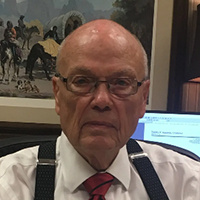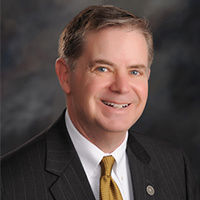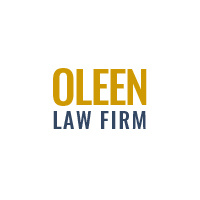Eskridge Misdemeanor Lawyer, Kansas
Not enough matches for Eskridge Misdemeanor lawyer.
Below are all Eskridge Criminal lawyers.
Stanley R. Ausemus
✓ VERIFIEDHere at the law offices of Stanley R. Ausemus, Chartered, my mission is to provide quality legal support and counsel to my clients. I have a reputatio... (more)
Joseph P. Huerter
✓ VERIFIEDJoe is a trial lawyer. He brings his litigation skills to a variety of matters, including the representation of people injured in automobile and motor... (more)
Bentson R. Oleen
✓ VERIFIEDIf you need an attorney that will always protect your best interests, call the Oleen Law Firm today. The Oleen Law Firm is committed to defending our ... (more)
Thomas Dean Addair
Thomas Addair graduated from Manhattan High School and Kansas State University. He attended law school at the University of Kansas. This is where Tom ... (more)
John Wallace Thurston
Lawyer John W. Thurston is an experienced Northeast Kansas DUI defense lawyer who has successfully completed extensive training that puts him in a uni... (more)







